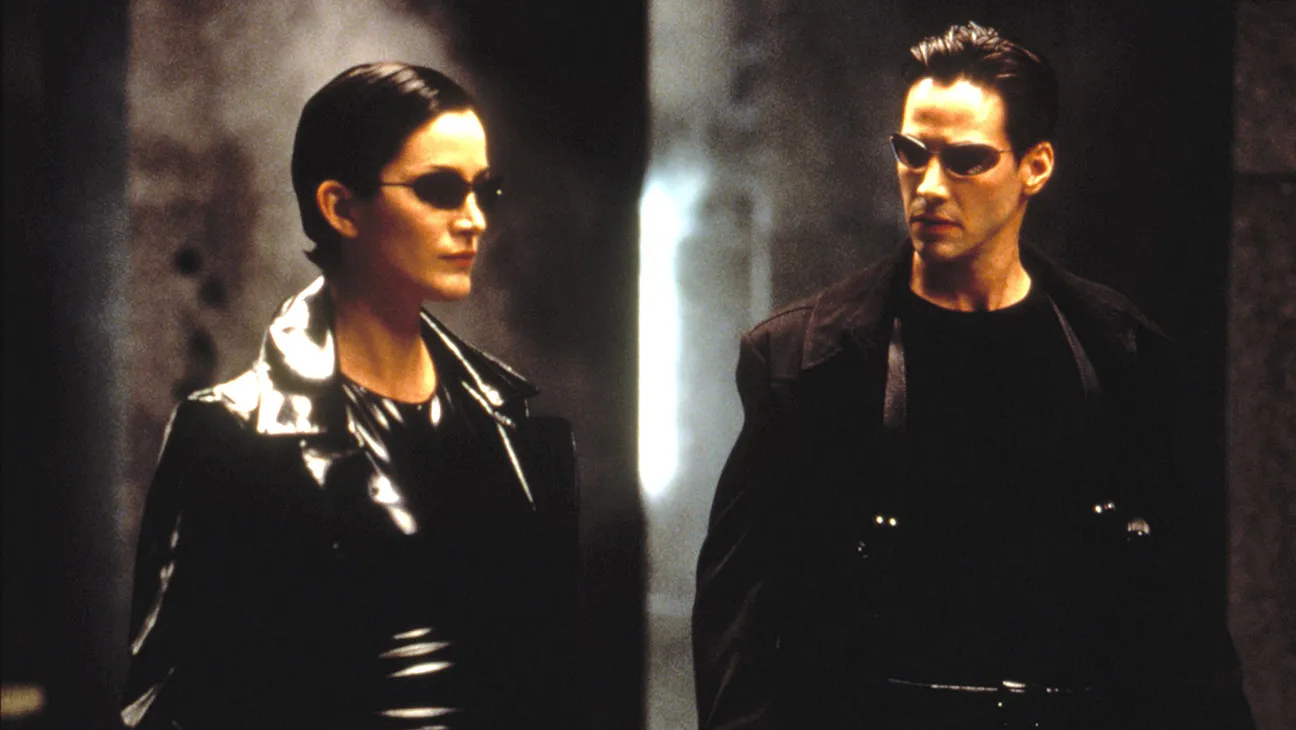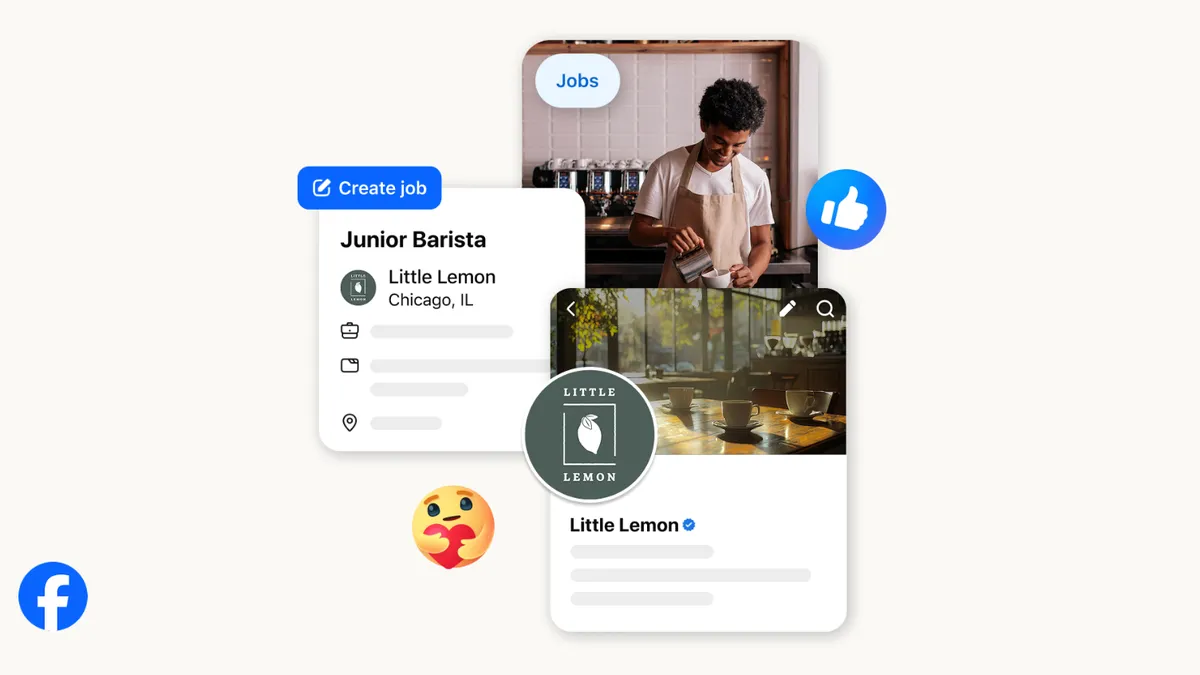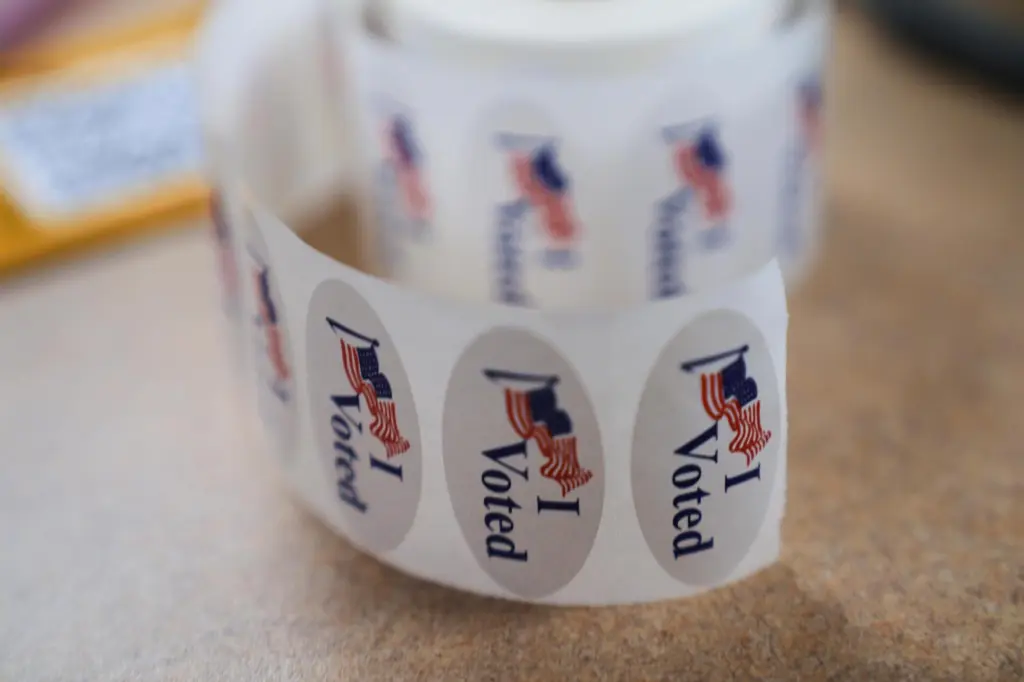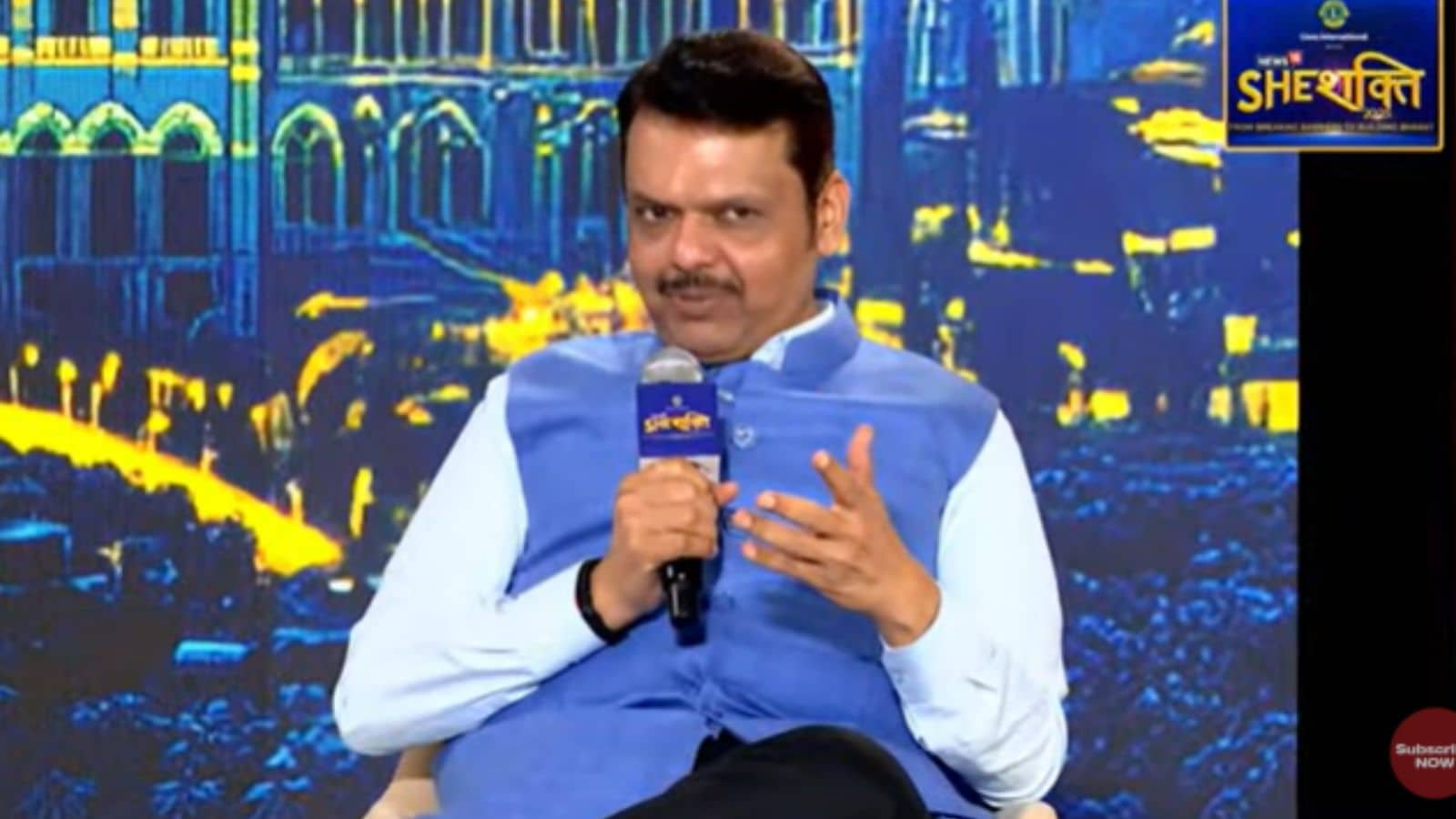Copyright The Hollywood Reporter

In May, representatives for various studios and production companies gathered at a Los Angeles law firm for an auction held by Village Roadshow, one of the most prolific behind-the-scenes financiers in Hollywood. It had filed for bankruptcy earlier this year and its vast film library and studio business were up for sale. Warner Bros., which had a longtime partnership with Village Roadshow that soured in recent years, had execs among the attendees. They were interested not so much in the library, which generates roughly $50 million annually, but something called “derivative rights” that give the owner the opportunity to participate in certain sequels and remakes. Those rights have emerged as something of a headache for WBD, with the studio refusing to develop titles in which Village Roadshow was a cofinancier. That contributed to the legal blowup over The Matrix Resurrections when Warners released the movie on HBO Max the same day it hit theaters in December 2021 during the height of the COVID era. During the auction, WBD set the baseline price for the derivative rights. It bid through ten rounds but Alcon kept pushing the price higher until the studio’s representatives hit the ceiling on what they were allowed to offer. Alcon emerged the winner, purchasing the rights for $18.5 million. Eventually, WBD would come to regret the decision. Last month, on the eve of a hearing over objections to the sale, it submitted a revised offer for $19.5 million. Although Village Roadshow rejected the bid, the studio argued that Alcon should be forced to accept. On Wednesday, a Delaware bankruptcy court awarded Alcon the derivative rights to Village Roadshow’s film library, which includes the Ocean’s Eleven series, The Matrix trilogy, Joker and Wonka. At issue: WBD deciding to wait until the evening before the October hearing to meaningfully up its offer. “Such a course of conduct not only leaves a debtor and its consultation parties with inadequate opportunity to assess a late bid, but it also appears engineered to run down the clock by effectively preventing a debtor from counteroffering or going back to its designated successful bidder to see if there is yet a better deal to be had,” wrote U.S. Bankruptcy judge Thomas Horan. WBD is considering options on appeal, a source says. When it filed for bankruptcy earlier this year, Village Roadshow pointed to the dissolution of its longtime partnership with WBD for its financial woes. The Matrix Resurrections release was at the heart of the falling out, which resulted in a $125 million arbitration win for the studio. WBD is continuing to pursue payment of the award, with Village Roadshow under court orders to maintain a reserve of $110 million from the sale of its assets to ensure they have sufficient funds to satisfy payment of the award. After it lost the auction for the derivative rights and before it submitted the $19.5 million bid, WBD increased its offer to match Alcon’s and said it would release certain claims from the dispute. Village Roadshow countered and asked for $30 million in cash, plus the settlement of undisclosed claims stemming from the arbitration. WBD balked. With the decision, the studio will have to navigate cofinancing ventures with Alcon. Practical Magic 2 is expected to be first, according to a court filing. “Alcon looks forward to working collaboratively with Warner Brothers, as we have for over a quarter century, to partner in the exploitation of the derivative rights to these many great films across multiple platforms,” said CEOs Andrew Kosove and Broderick Johnson in a statement.



